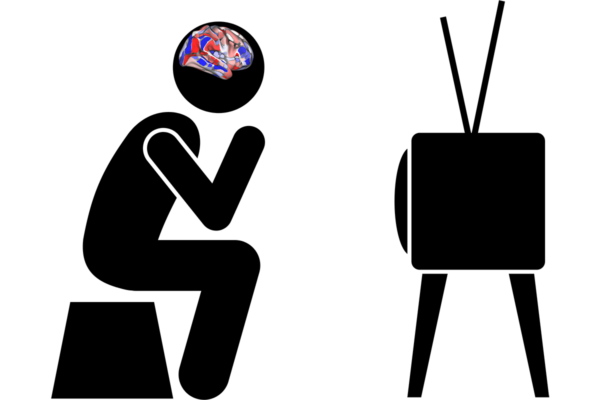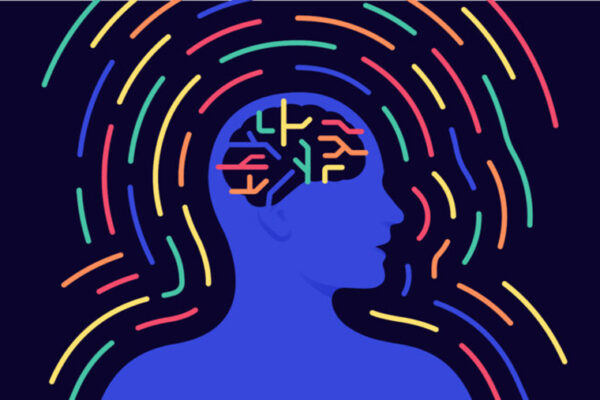
Janine Bijsterbosch, an assistant professor of radiology at Washington University School of Medicine in St. Louis, is part of a team of five co-principal investigators studying how symptoms of depression, anxiety and stress — together known as anxious misery — affect functional brain networks.
The team received a $3.6 million grant from the National Institute of Mental Health, part of the National Institutes of Health (NIH), to map brain networks in adolescents and adults experiencing anxious misery, and study how these networks change in response to treatment. The researchers hope to develop a more nuanced understanding of brain dysfunction that could lead to personalized treatment approaches for these very common symptoms. Bijsterbosch leads the data processing core of the project.
The other principal investigators are Katherine Narr from the University of California, Los Angeles; Yvette Sheline from the University of Pennsylvania; Susan Whitfield-Gabrieli from Northeastern University; and Leanne Williams from Stanford University.


